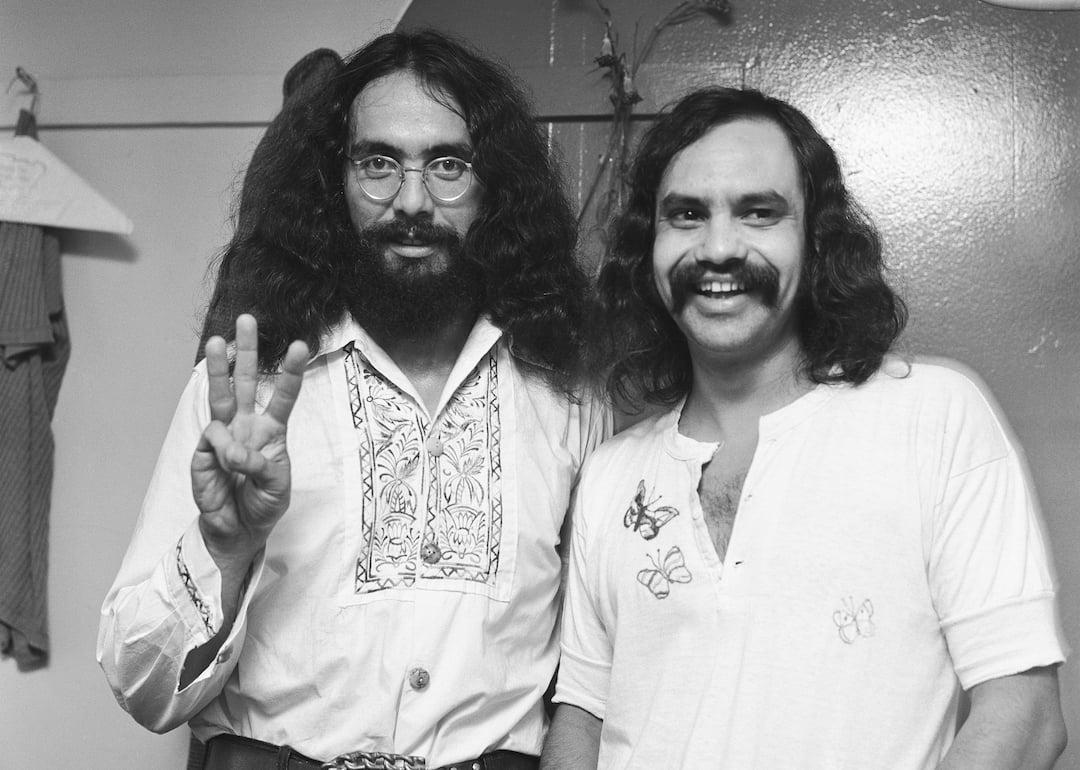
What 'home skillet' and 25 other old-timey slang words mean
What 'home skillet' and 25 other old-timey slang words mean
Slang is a vital part of language. Words and phrases attributed to a specific region or time play out in various dialects and accents specific to different areas in the same country. These tweaks to an otherwise common language define subcultures and represent highly specific moments in time—just look at "bootlegger," which originated during Prohibition.
Like any other language, English has evolved and changed with the times. Every year, new words and phrases are added to the dictionary to reflect changes in our culture—from "beach read" and "touch grass" to "shadow ban" and "dungeon crawler," all of which joined Merriam-Webster in 2024. In August 2025, the Cambridge Dictionary provided an update on some of the words it had added over the last 12 months, including "delulu," "tradwife," and "skibidi."
Don't know what any of those mean? You're not alone. Our language will continue to evolve indefinitely, incorporating subtle changes into our everyday conversations and changing how we perceive popular words from the past. Some of these new words and expressions have more staying power than others. For the past five decades, countless slang terms have come and gone—describing everything from kissing to money. Some come from pop culture, like television shows, movies, or music, while others are just products of a particular era.
An informal word or phrase often becomes popular for so long that its origin is lost, but the term remains part of the vernacular. Whether it's a trendy buzzword or a commonplace adjective, finding the origin of a word can be fascinating. Stacker has rounded up 26 old-timey sayings from the 1950s through the 1990s to explore their beginnings and their original meanings—if they ever had an original sense to begin with.
Explore why "cheddar" is associated with money and other interesting associations.
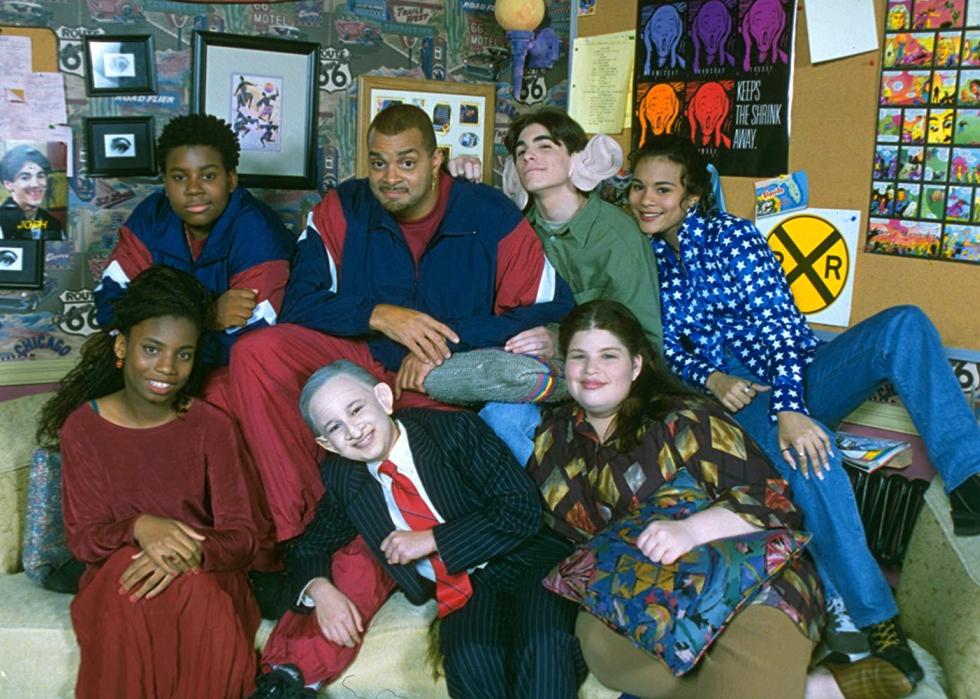
All that and a bag of chips
This phrase came about in the 1990s and it was used to signify that something was beyond good. It could also be used to say you were better than someone else such as "You're all that, but I'm all that and a bag of chips." It is possible Nickelodeon made a call-out to this phrase with its popular sketch comedy show for kids, "All That."
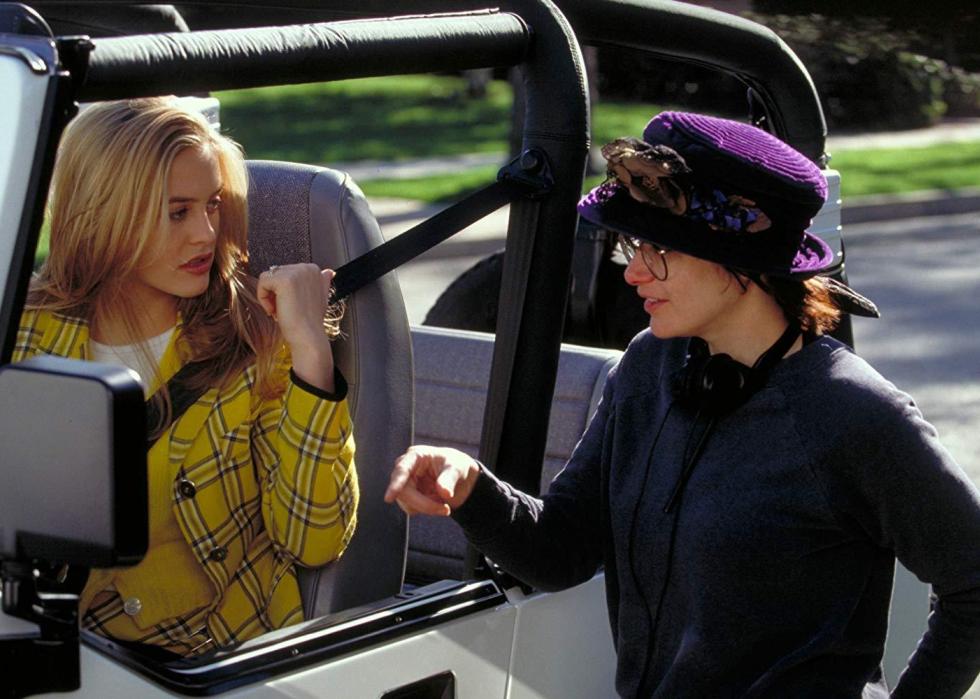
As if!
"As if!" is rumored to have been a phrase used in the LGBTQ+ community before it was co-opted in the 1990s by Cher Horowitz in the movie "Clueless," officially erasing the phrase's origins. "As if!" can mean various things, such as "I doubt it" or "Yeah, right!" The enduring legacy of "Clueless" as a cult classic solidified the phrase in our culture's everyday vernacular—millennials regularly still use the word today.
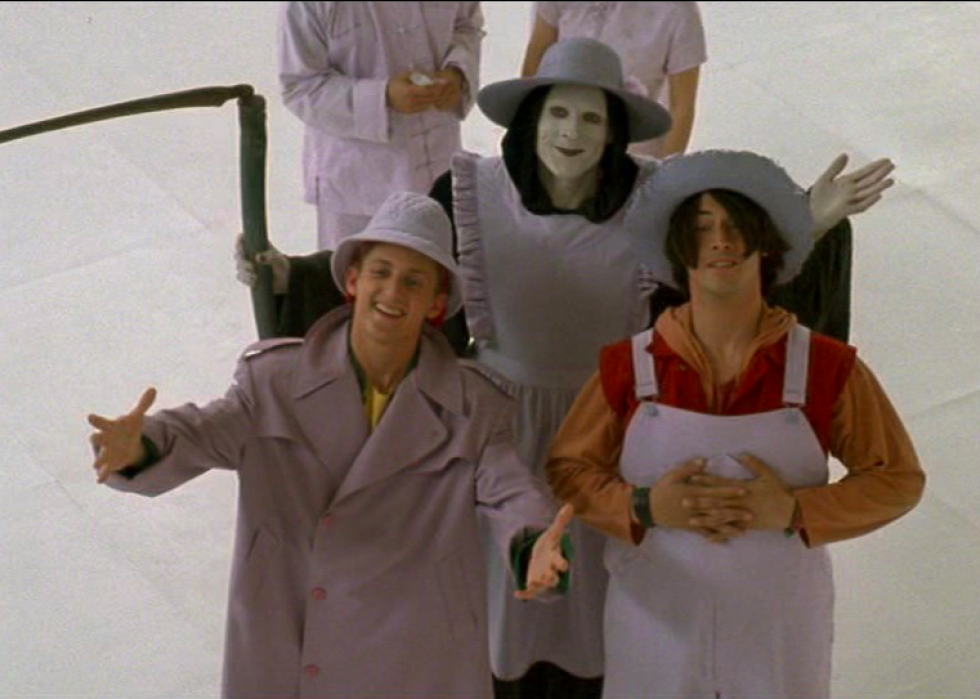
Bogus
The word "bogus" originated in the 1800s as a term used for fake money. The word took on a new term when it became popular in the 1980s as slang for crazy, not good, not cool, or ignorant. A 1991 film, "Bill & Ted's Bogus Journey," follows two friends who find themselves fighting a villain from the future who sends evil robot replicas of Bill and Ted sent to Earth to kill the real Bill and Ted—totally bogus.
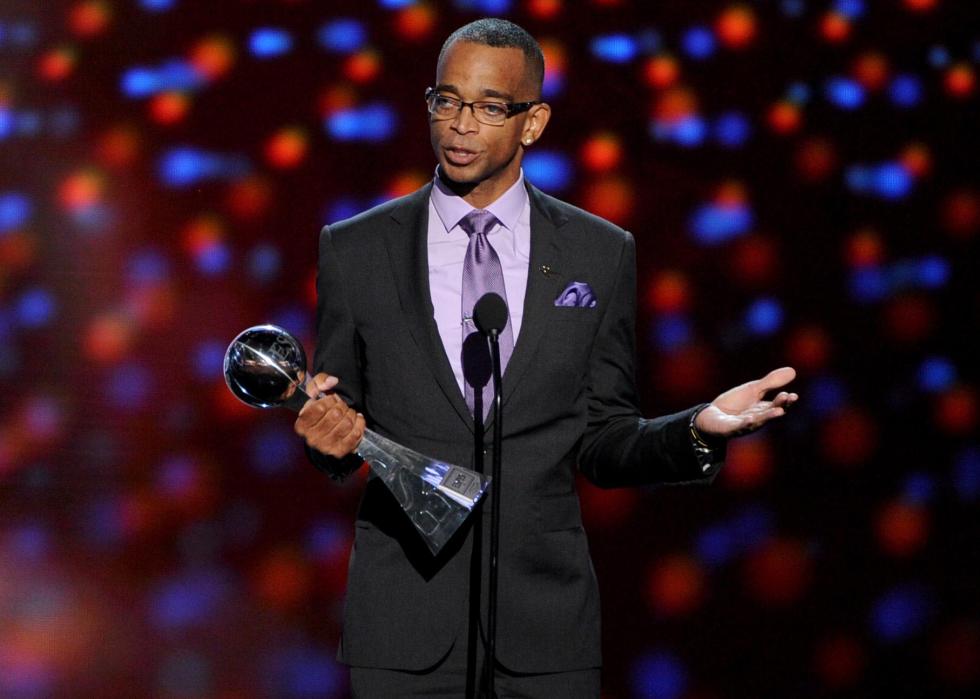
Booyah!
"Booyah!" was coined in the 1990s to express excitement and happiness. It's not known who exactly first came up with the phrase, but several pop culture figures made it popular: Disney character Ron Stoppable said "booyah" on the show "Kim Possible," and the late ESPN anchor Stuart Scott, who died in 2015, also used the word as his signature catchphrase.
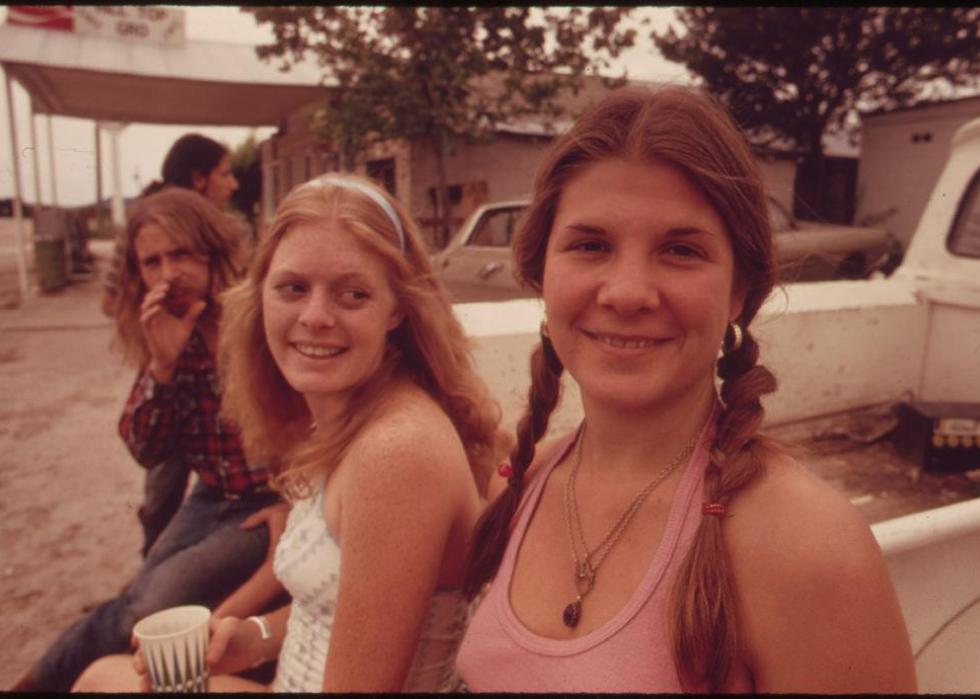
Catch you on the flip side
"Catch you on the flip side" was very popular in the 1970s, as it referred to flipping a vinyl record over to the B side. The phrase means "see you later."
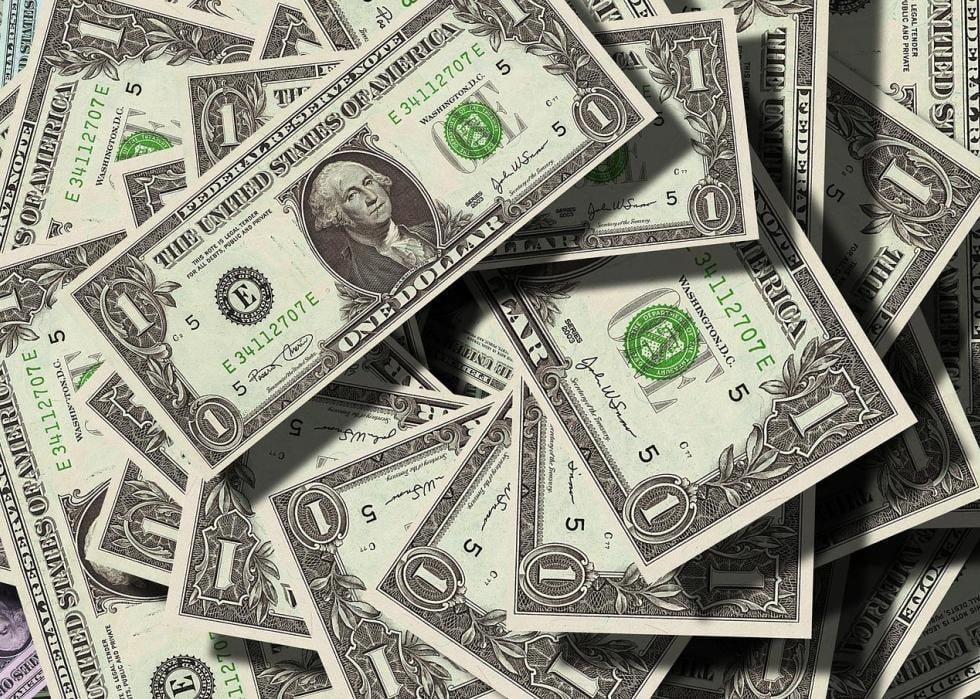
Cheddar
Cheddar was an interesting way to refer to money in the 1950s. The slang term came about because at the time, Americans received lumps of cheese with their welfare checks.
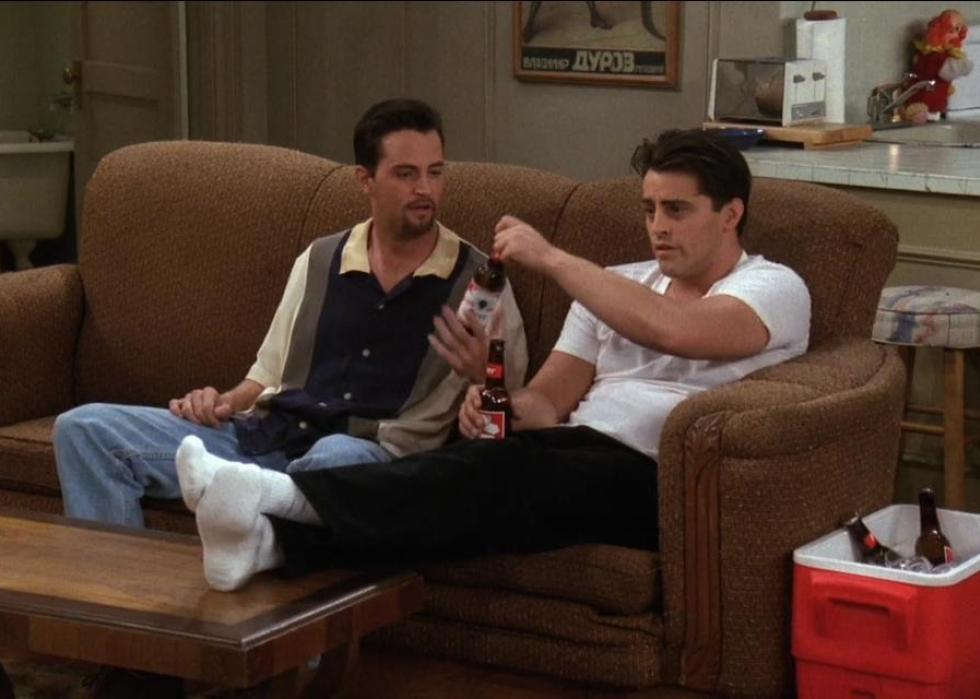
Chillin'
Being chilled out means relaxing and sitting back. One of the word's earlier appearances was in the 1979 song "Rapper's Delight" by The Sugarhill Gang; a more common modern use refers to a night at home watching movies, often with a special someone.
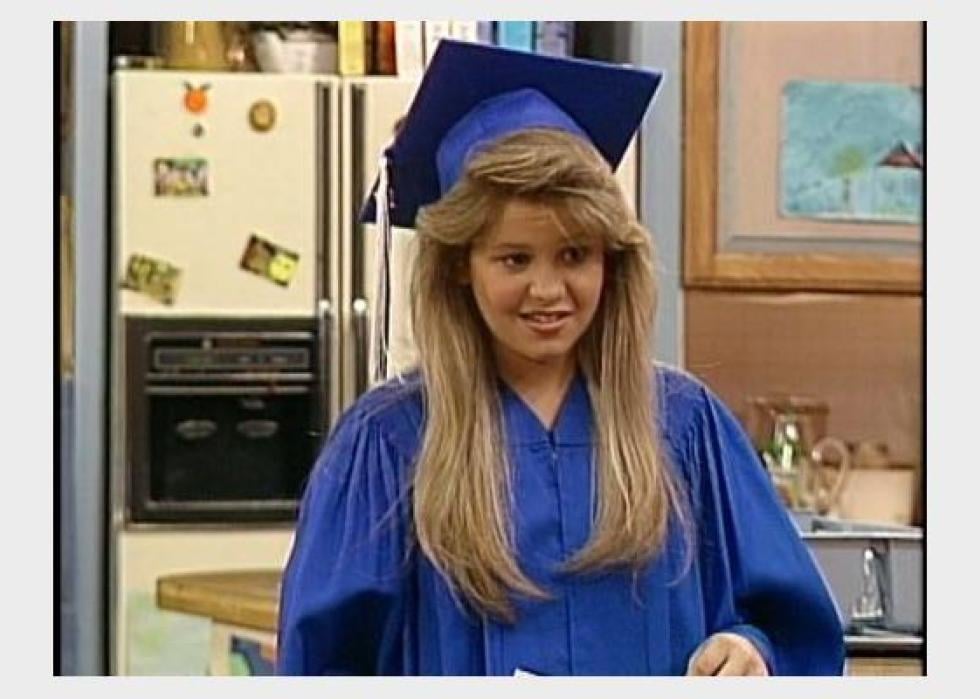
Cool beans
"Cool beans" originated in the 1970s, with comedy duo Cheech and Chong cited as pioneers of the term. The phrase continued to be used throughout the 1980s and 1990s; TV daughter D.J. Tanner said it frequently on the television show "Full House." It roughly means "okay" or "sounds good."
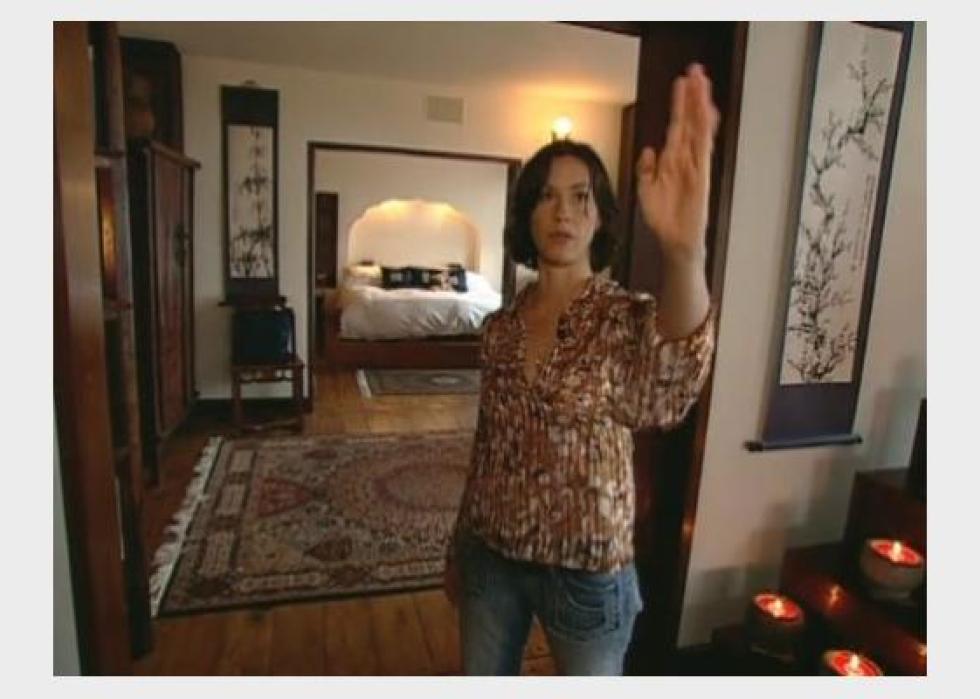
Crib
A crib is not just where a baby sleeps—it's slang for the entire house. Shakespeare can be credited with this meaning because he was the first one to use the term to describe "a small dwelling." However, MTV was the one who cemented the term thanks to "MTV Cribs," a pseudo-reality show where celebrities showed off where they supposedly lived.
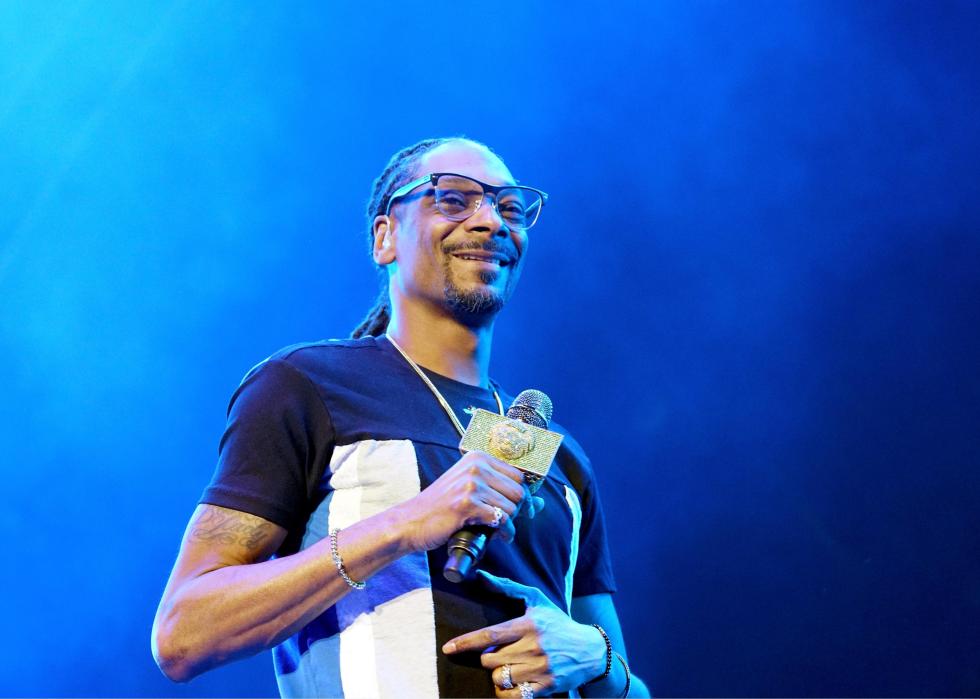
Fo-shizzle
"Fo-shizzle" is another way of saying "for sure" and was very popular back in the 1990s, mostly due to the phrase being prominent in hip-hop culture through the likes of artists like Snoop Dogg. The Oxford English Dictionary solidified its existence by adding the word to its database in 2001.
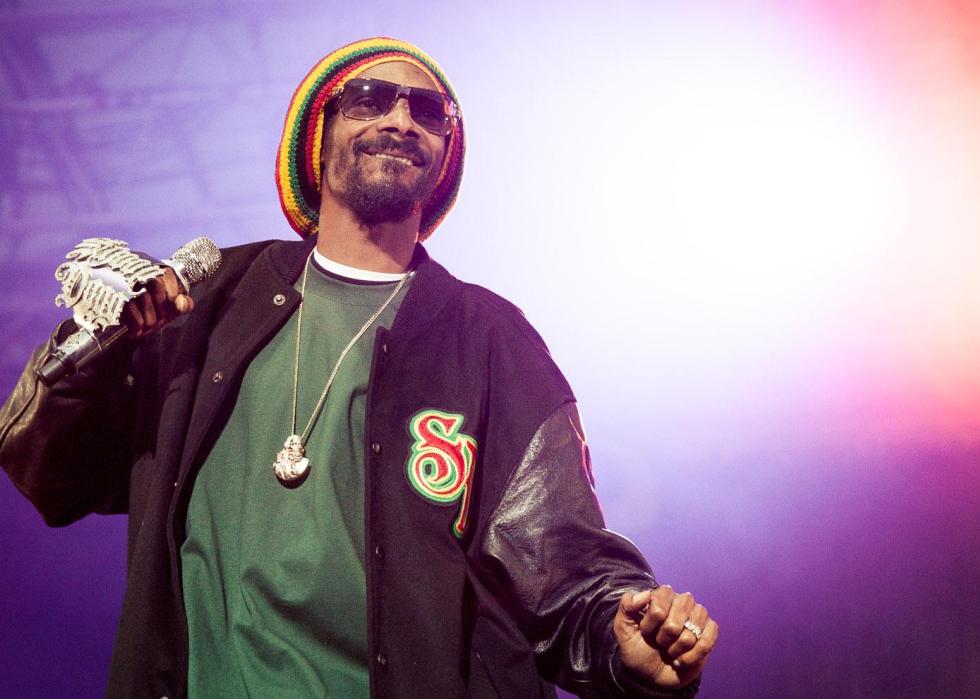
Fo' sho'
"Fo' sho'" works interchangeably with "fo-shizzle" and was popular around the same time in the 1990s. "Fo" is a common, regional dialect replacement in the South for "for," and "sho" functions the same for "sure."
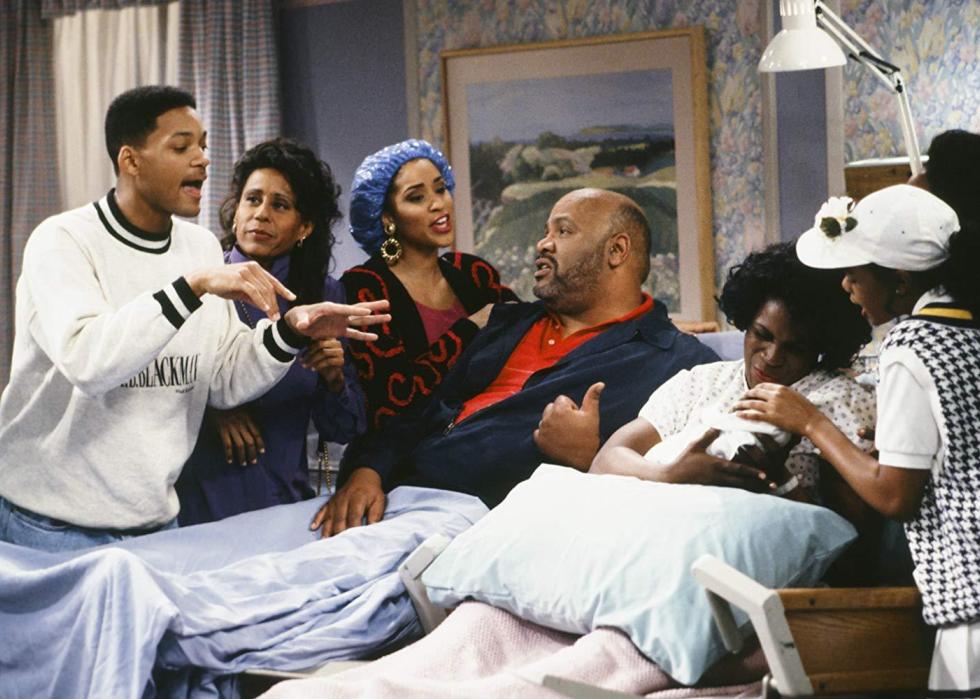
Fresh
"Fresh" was a hip way to say something was cool in the 1990s. The popularity of the word can be traced back to the hit TV show "The Fresh Prince of Bel Air," which aired from 1990 to 1996.
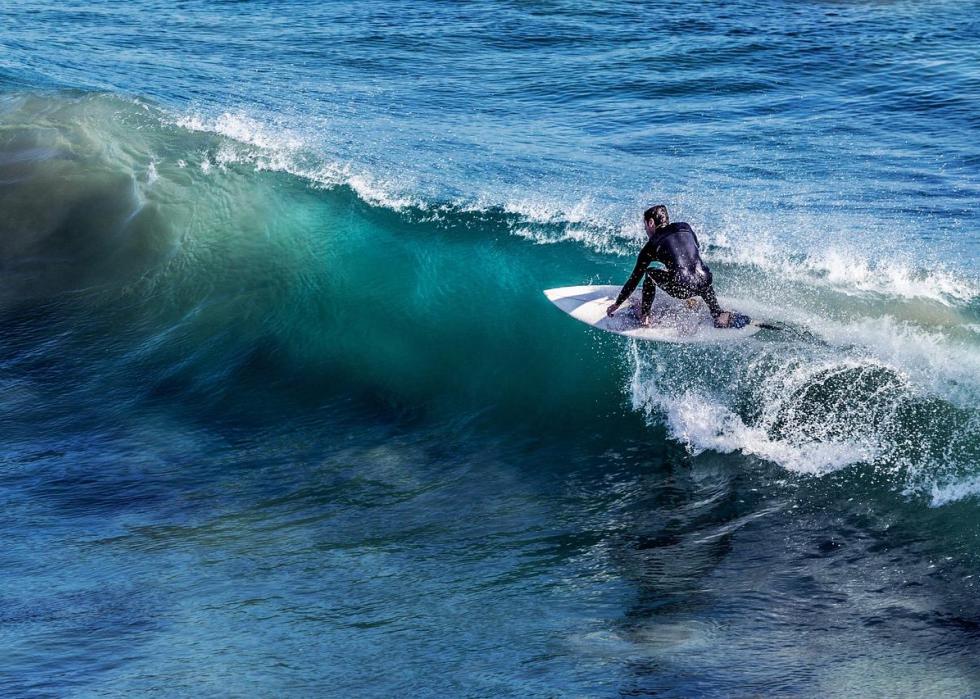
Gnarly
"Gnarly" is a word used to describe something as extreme. The term comes from 1960s surfer slang, when it was used to describe waves that were very dangerous.
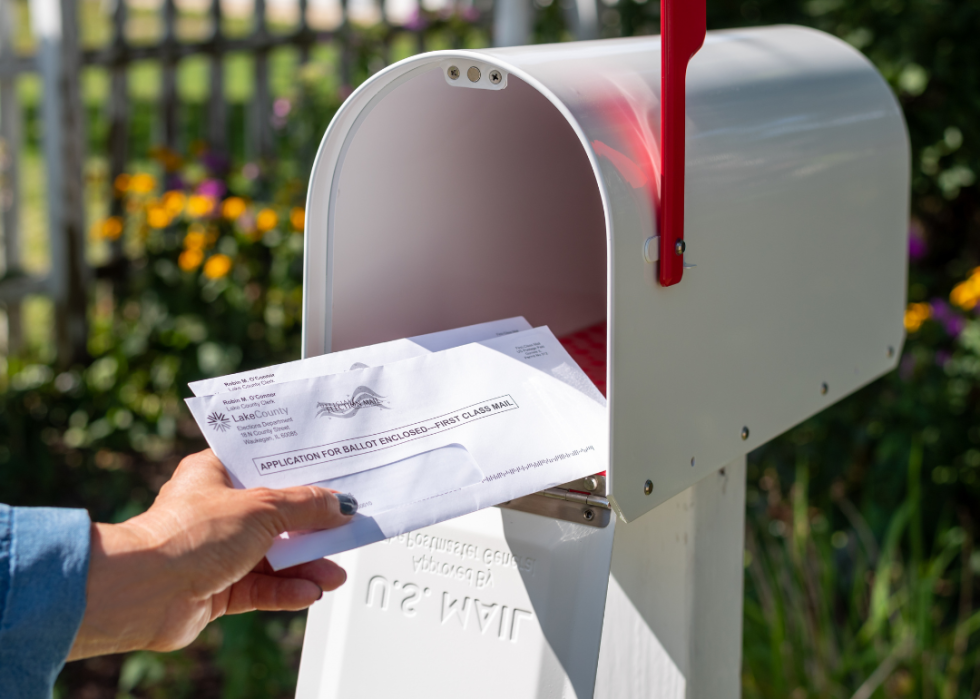
Going postal
When someone is "going postal," it means they're going dangerously crazy or acting out of control, usually at work. The phrase has a dark background, as it references different instances in which United States Postal Service workers committing shootings directed at co-workers, managers, and police. There were 20 such incidents between 1970 and 1997, resulting in an excess of 40 fatalities.
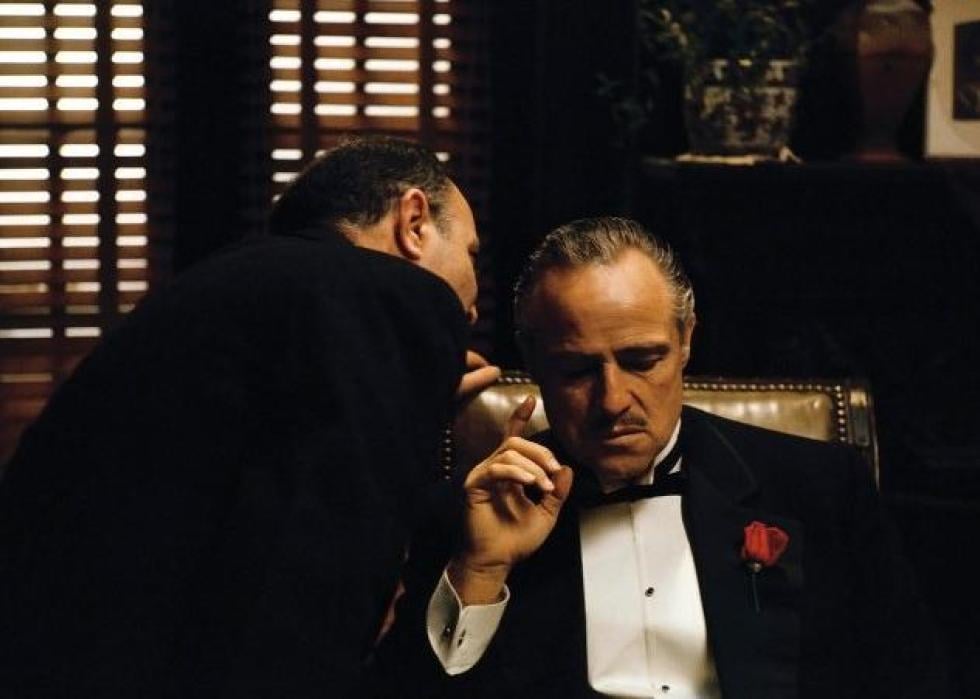
Goon
A goon is someone who is a goofball, foolish, or a nerd. The term can also be used to describe someone who is an enforcer or gangster. The term was originated in the 1930s when cartoonist E.C. Segar introduced a new cartoon called "Alice and the Goons." In the 1970s, the word became more known in the hockey world as people started referring to certain moves as "goon tactics."
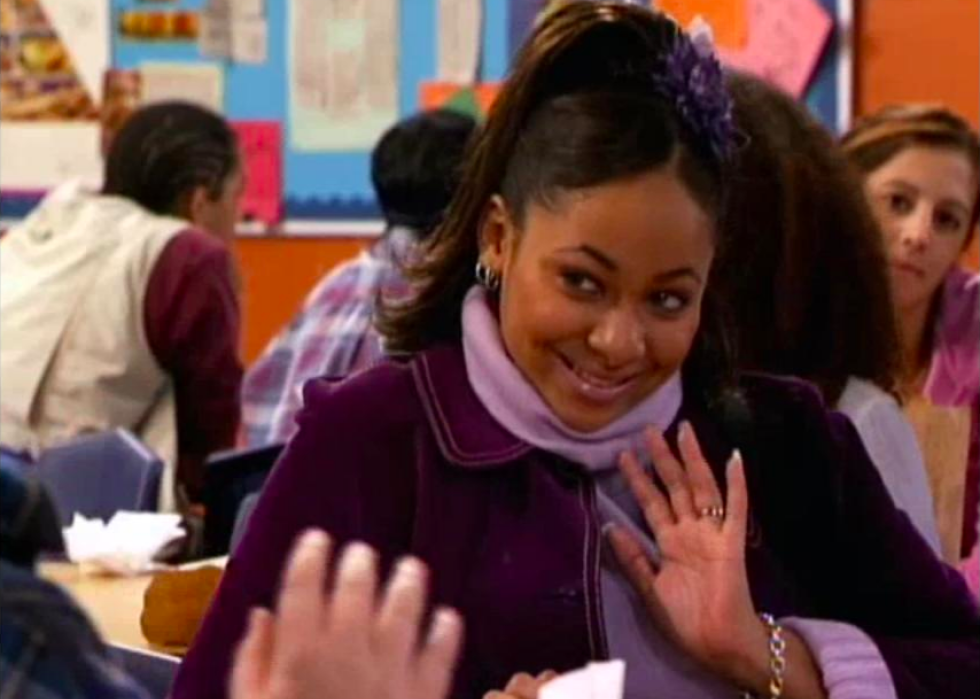
Home skillet
"Home skillet" is a term meaning "friend" and was popular in the 1990s. The phrase bubbled up again in the early 2000s when the main character of the Disney Channel show "That's So Raven" frequently used it.
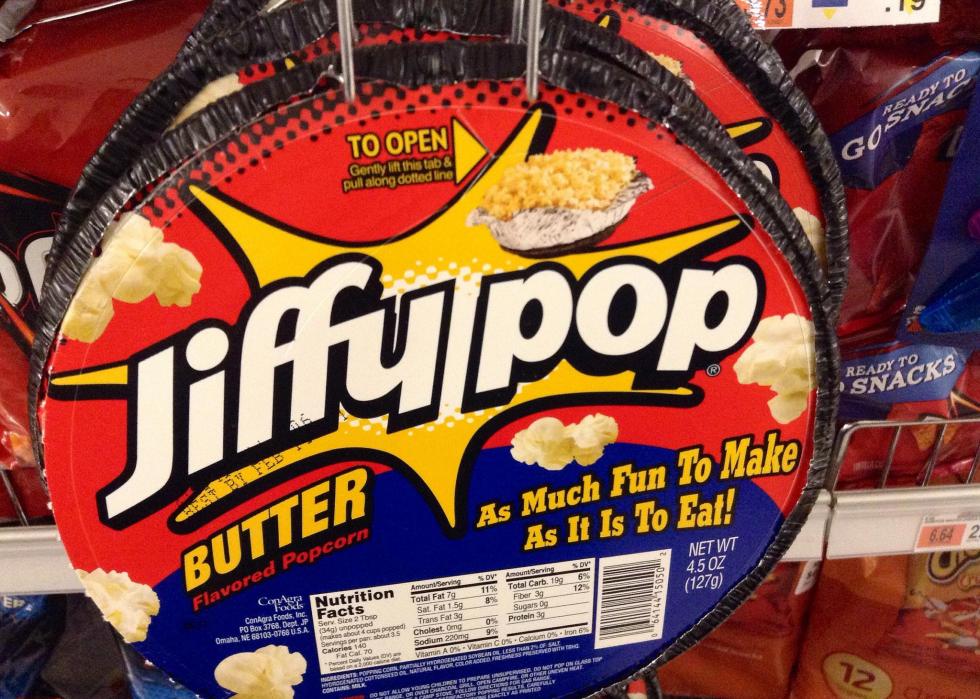
In a jiffy
In the 1950s, "in a jiffy" meant "in a moment." The phrase was so popular, in fact, that it inspired the brand name of "Jiffy Pop" popcorn, which alludes to short cooking time. The phrase has been in constant use right up to today.
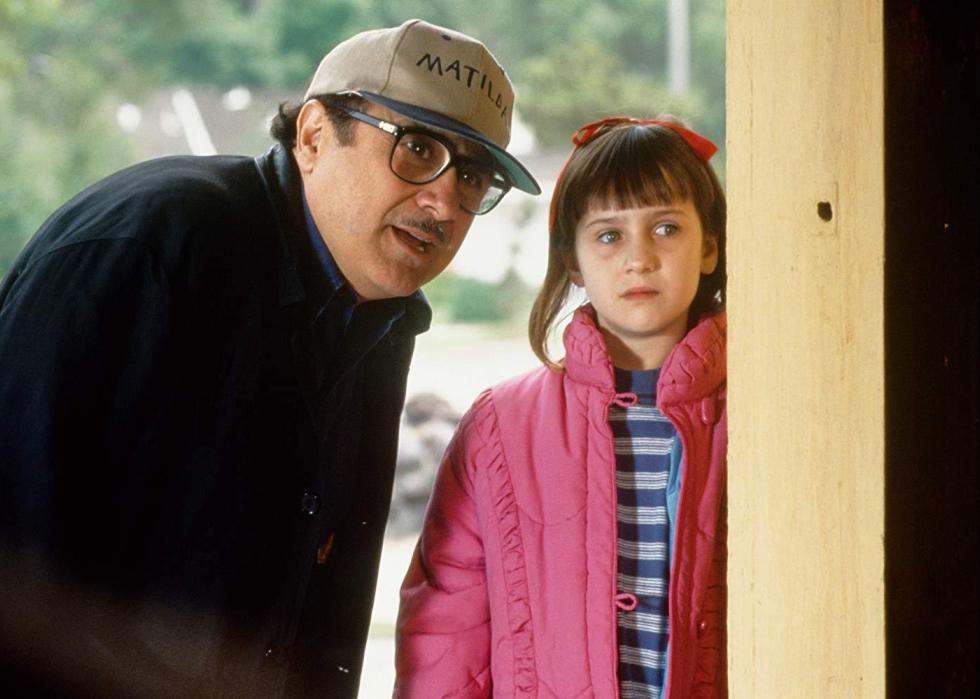
Let's roll
"Let's roll" was incredibly popular in the 1990s and is slang for "let's get out of here." It was a phrase that was used in a multitude of TV shows and movies, including "The Transformers," "Adam-12," and the end of "Matilda."
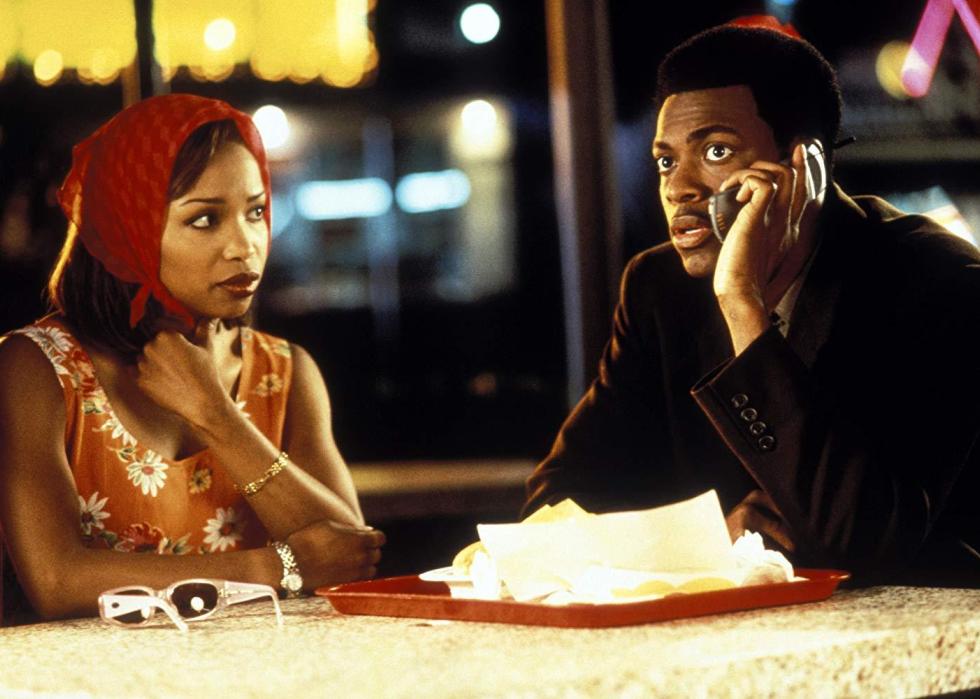
Phat
"Phat" is a term originally coined in the 1960s and used primarily in African Americans communities as an adjective for cool music. Over time, the word wasn't just used for music—"phat" was used throughout the 1990s to describe anything cool, fashionable, or attractive. In the 1997 film "Money Talks," Chris Tucker's character calls a woman phat, to which she replies, "Excuse me?" Tucker's character explains it's an acronym that stands for "pretty hot and tempting."
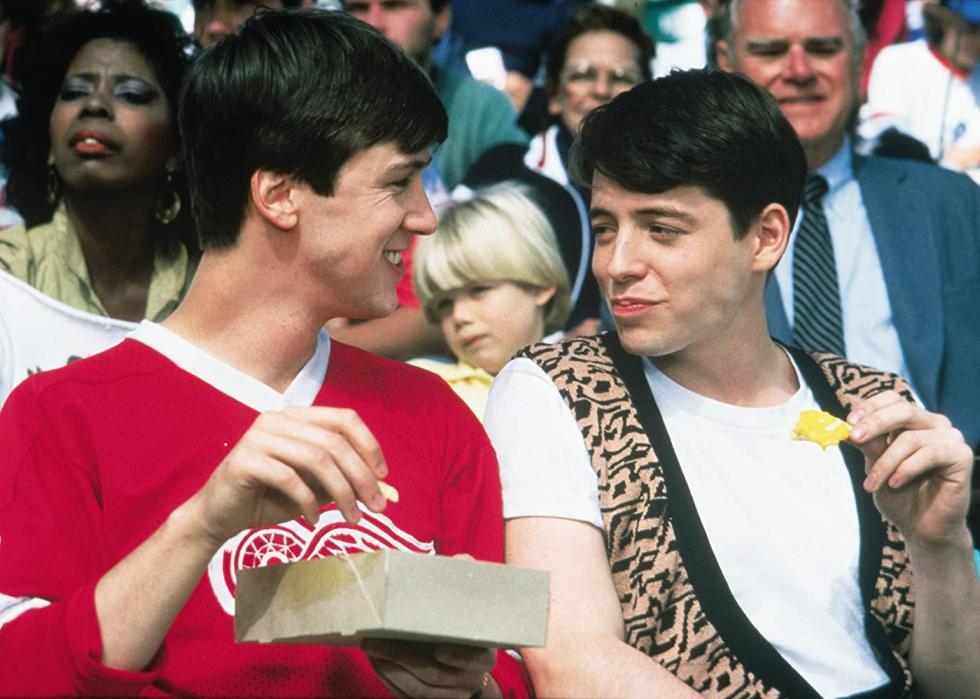
Righteous
"Righteous" was frequently used from the 1960s through the 1990s and originated in 1930s jazz culture. One of its most famous uses came from "Ferris Bueller's Day Off."
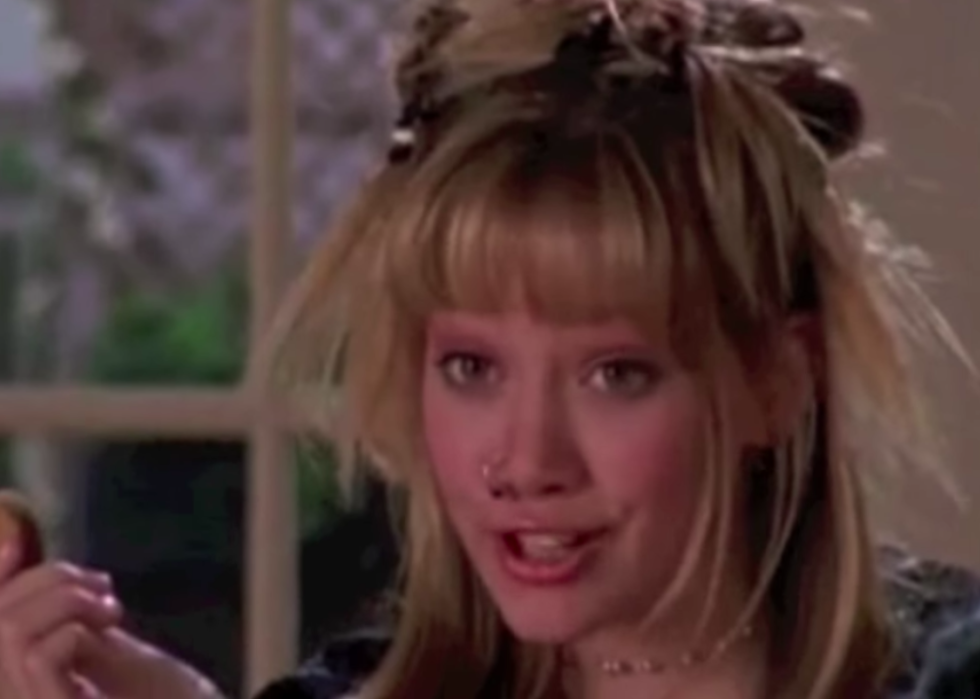
Take a chill pill
"Take a chill pill" is another way to tell someone to relax and likely references pharmaceuticals. It originated in the 1980s alongside the increasing use of ADHD medication. In Disney's "Lizzie McGuire," which aired from 2001 to 2004, angsty teen Lizzie (Hilary Duff) tells her parents to "take a chill pill" after they freak out about her (fake) nose piercing.
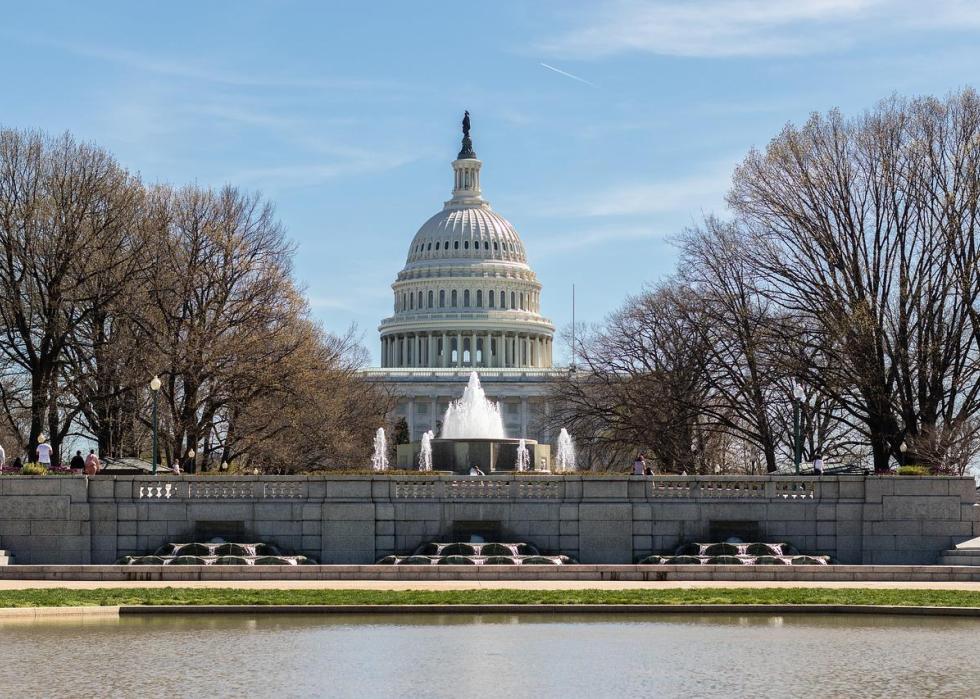
The man
"The man" refers to authority, whether that's a government or someone in power. Its origin traces to 1918, but it became popular during the 1960s as anti-establishment sentiments were peaking.
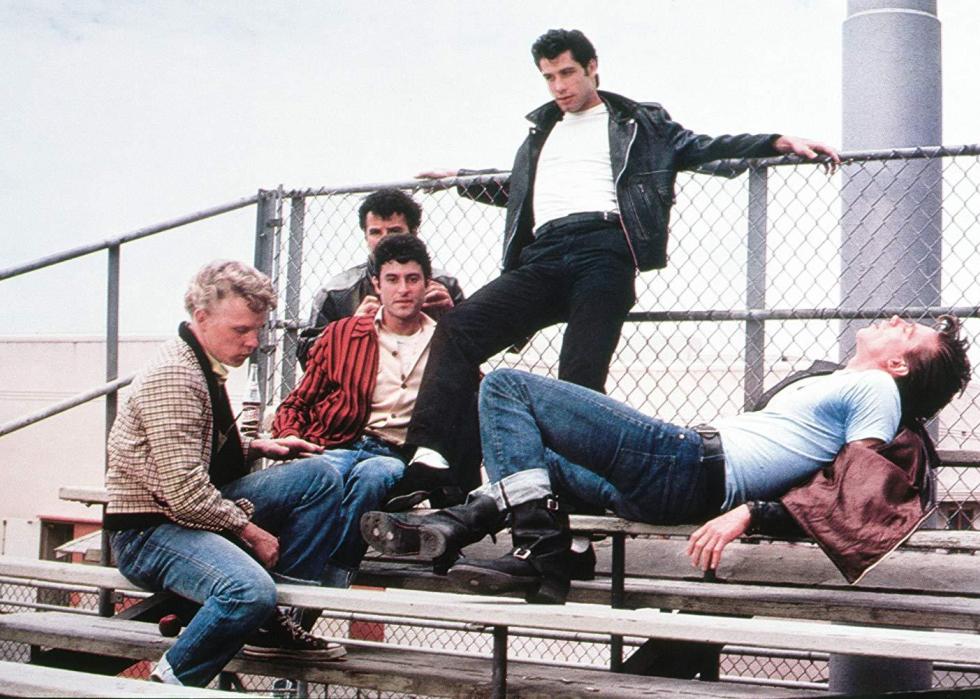
Threads
"Threads" was a word used in the 1950s to refer to someone's clothes. People in the '50s would use it in way of "cool threads" or "nice threads you got there!"
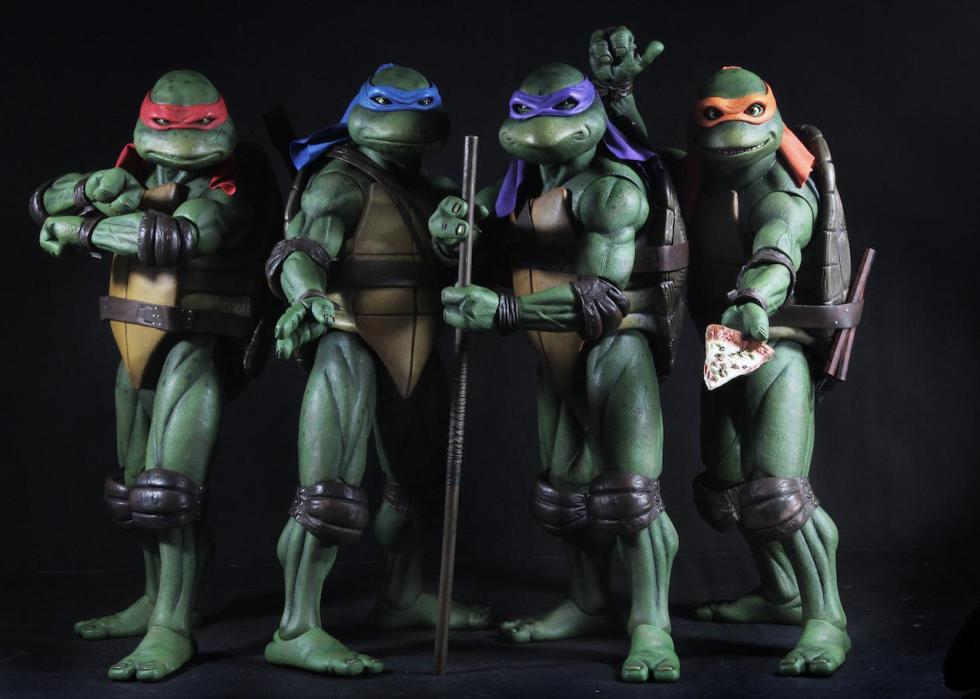
Totally rad
In the 1980s, everything was "totally rad." It's a shortened form of "radical," and it's another term popularized by the Teenage Mutant Ninja Turtles and their surfer-dude brand of coolness.
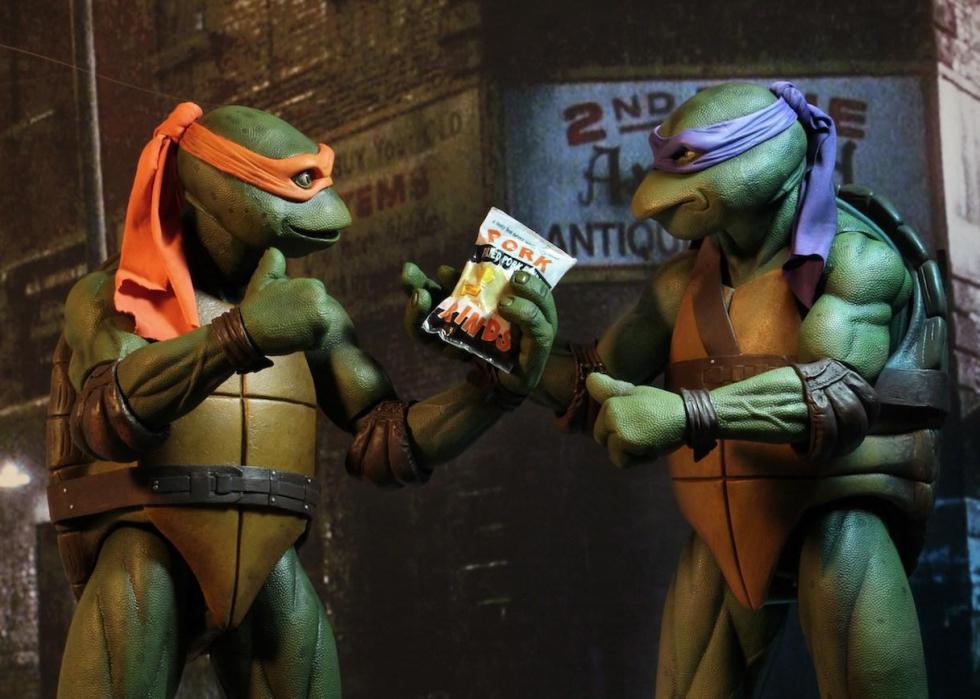
Tubular
"Tubular" came about in the 1970s when surfers started to use it to describe something great. The phrase made a major splash in the '80s and was another common phrase said by the Teenage Mutant Ninja Turtles: "Totally tubular, dude."
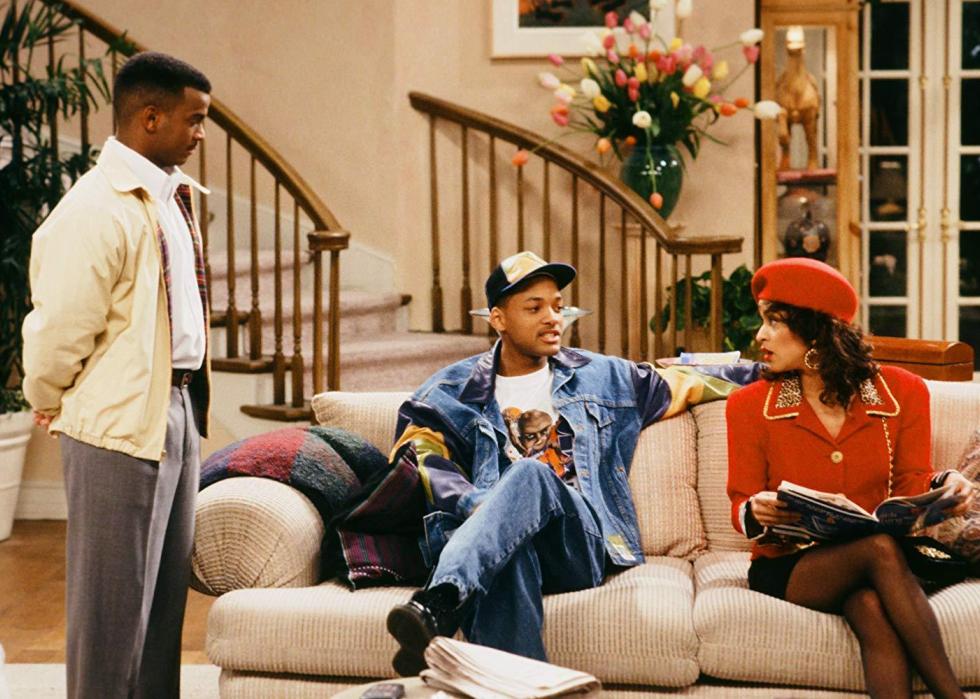
Word
"Word" is another way to say "agreed." It's a variant of "word up," which came to fame through a 1986 R&B song by Cameo. This slang was regularly used by Will Smith's character on "The Fresh Prince of Bel-Air."



